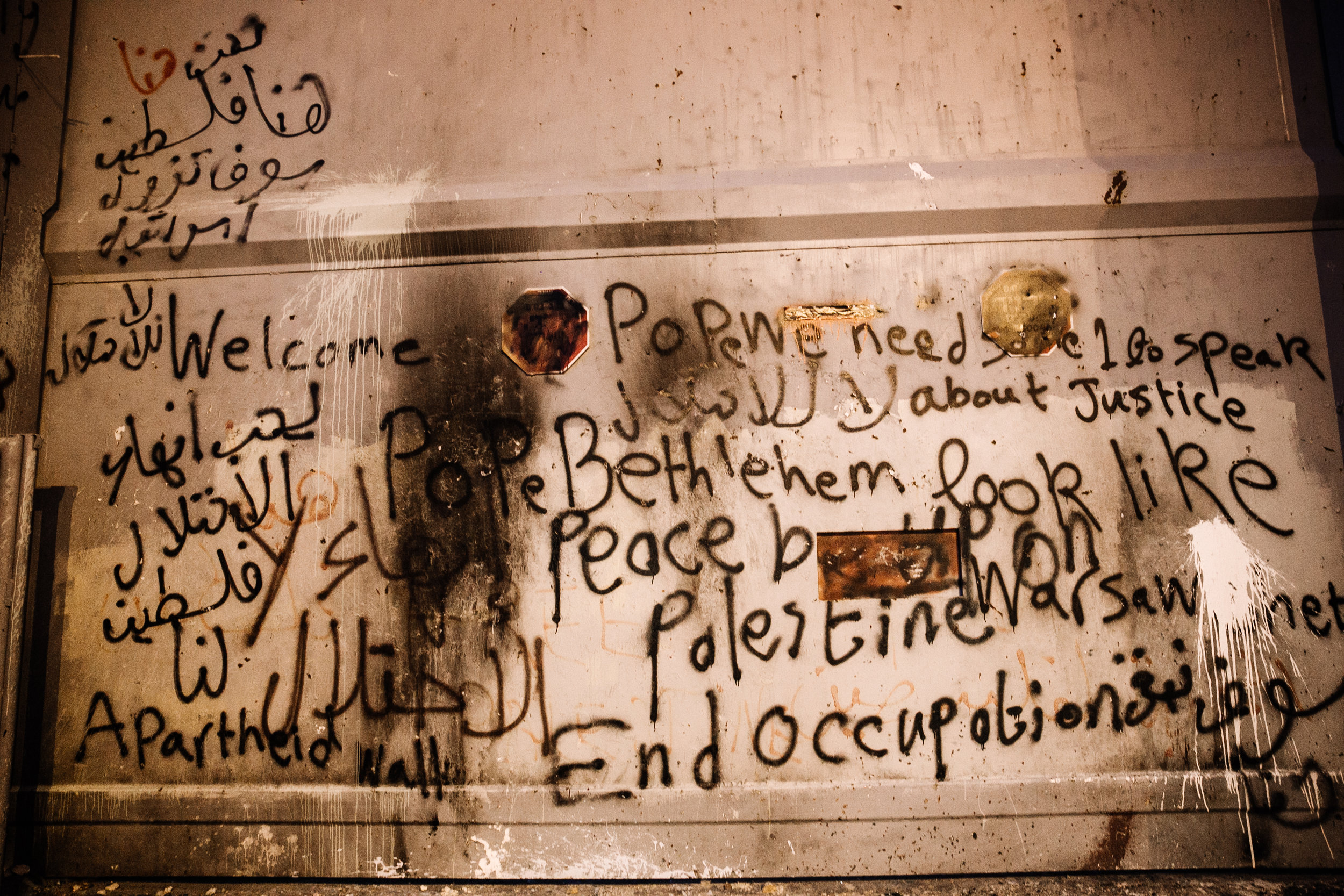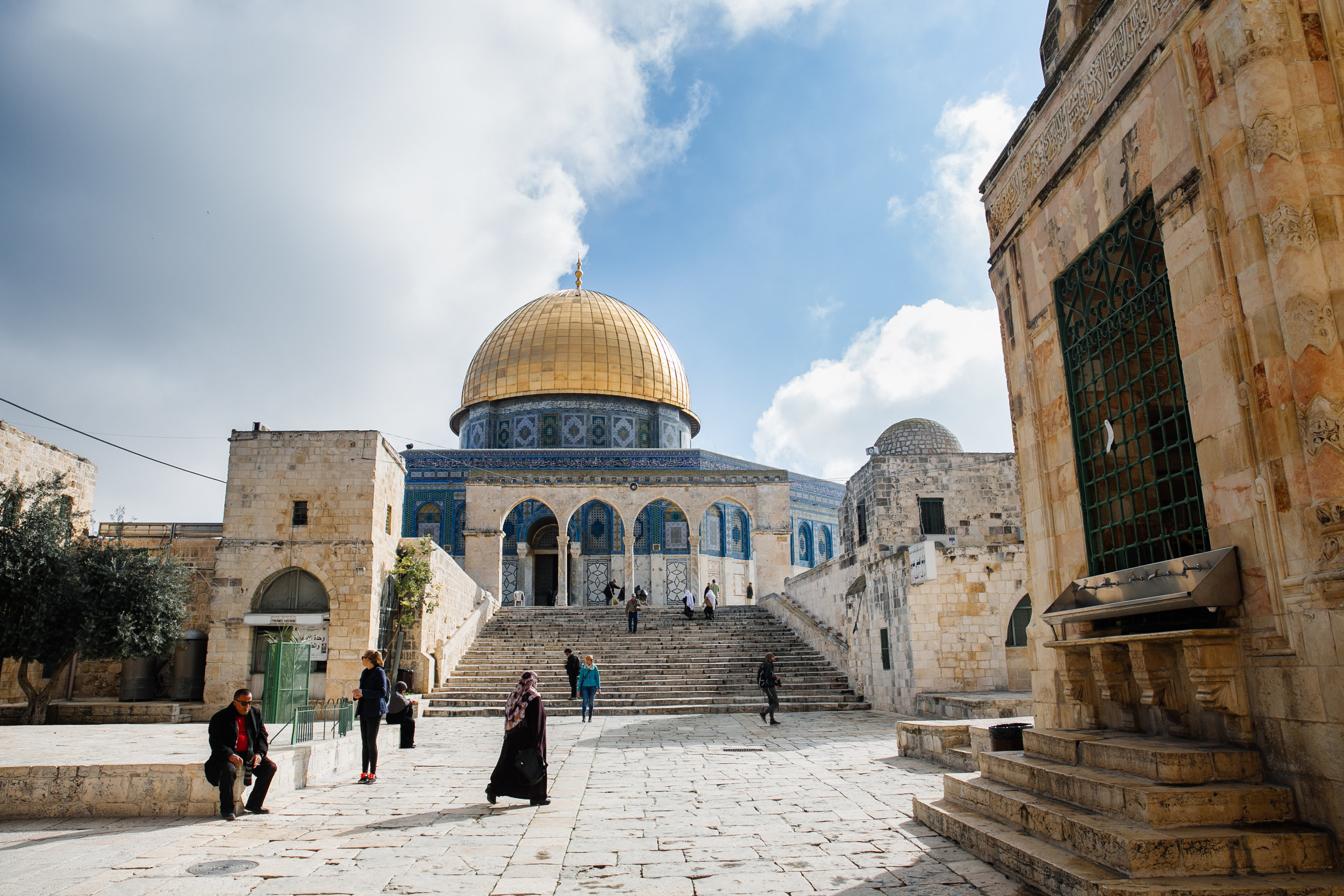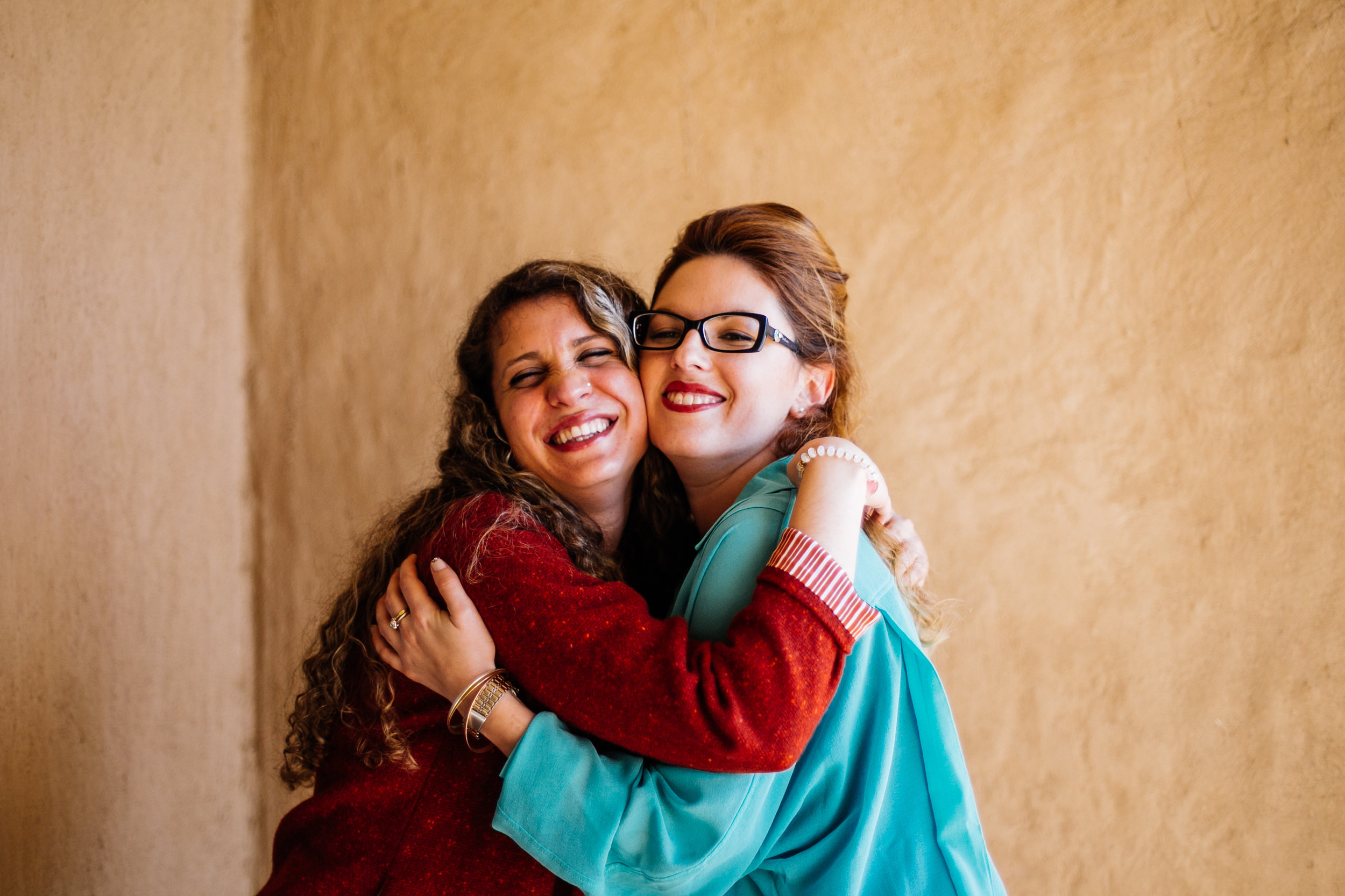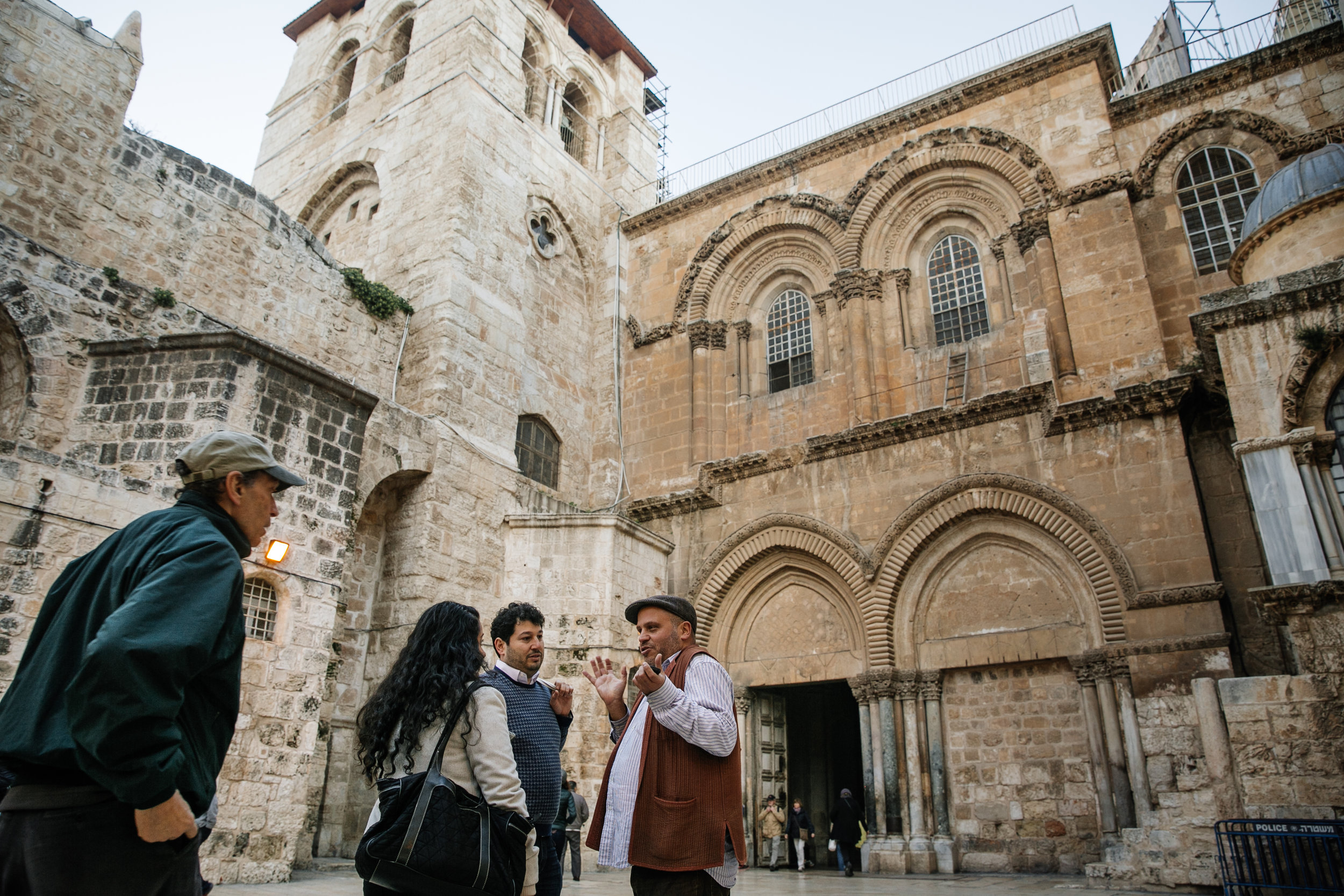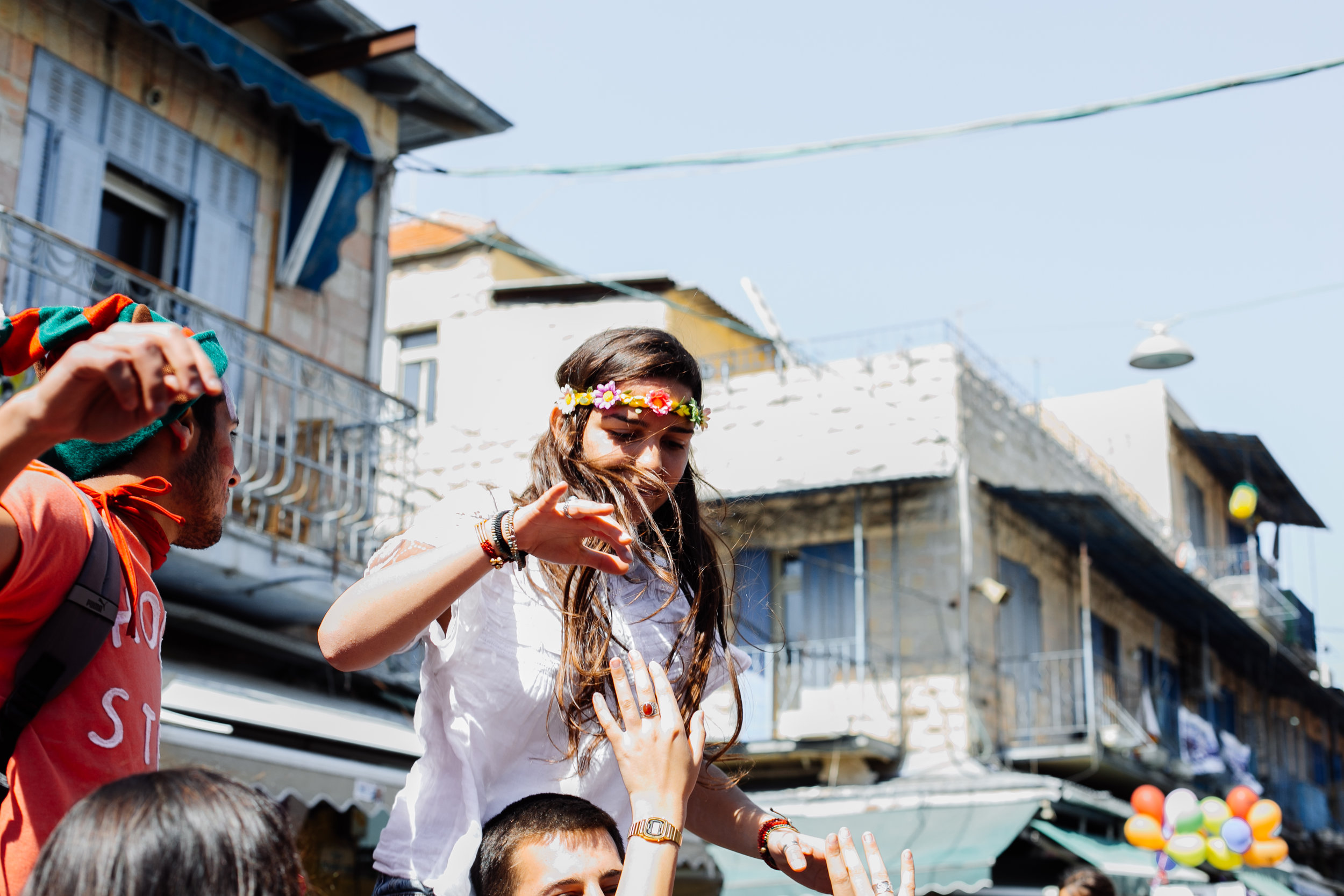Back in 2004, Ayyaz Ahmed received a piece of news that would change his life forever.
At the time, his school received a call for applications for an organization called Seeds of Peace, and it was then that Ahmed found himself, transported from Lahore, Pakistan, to a summer camp in Maine, USA.
Ayyaz Ahmed, photo by Maggie Svoboda
Composed of an exclusive network of more than 6,400 alumni scattered throughout the Middle East, South Asia, Europe, and the United States, Seeds of Peace is a not-for-profit organization that works tirelessly to educate and inspire youth from around the world to transform conflict. Founded in 1993 by author and journalist John Wallach, the vision of Seeds of Peace is simple--equip young people with the technical skills and relationship building capacities they need to disengage from politically-charged stereotypes that promote violence. Like a sowed seed itself, the journey to cultural enlightenment starts from the root of the cause.
The innovative program in Maine takes place over three and a half weeks in Maine, U.S. Participants are youth that feel the desire to act as leaders, seeking to make a difference between present or previously known rival countries and cultures. It amerces opposing conflict-area specific campers in bunks and dialogue sessions. For example, India, Pakistan, and Afghanistan share a bunk and participate in dialogue sessions; as do Americans and the Middle East. There are dialogue sessions for 110 minutes a day between the conflict areas where sensitive topics are raised that focus on prejudiced, racial stereotypes, and tensions understood through anecdotal descriptions. Disagreement is taught to be accepted and faced with a respectful communicative manner. The qualities of communication are the essence of the philosophy that leads the participants to their graduation day.
Ahmed grew up in Pakistan, where the effects of the Indo-Pakistani wars and conflicts are still largely felt. In school, Ahmed remembers learning about India's history, but that it was always through a negative and biased lens. When he was selected to attend a conference by Seeds of Peace, everything changed. "Almost 13 years late, if I were to think about what the camp experience does is that it shows possibilities that perhaps one isn't aware of at that age," Ahmed said. "Yes, you can have a conversation. You can talk about some really difficult things and try to still have a respectful relationship with the other side. You can even become friends."
The organization relies on the contribution of the Seeds — recent graduates of the program — to spread awareness of the organization as alumni and influencers, and to communicate to other young people in their home communities how important communication skills are to change the world around them. This awareness occurs through social media and at events like Seeds of Peace's event GATHER in Jordan, a summit that involved past program participants and various believers and contributors such as social entrepreneurs, politicians and, members of the United Nations.
Now working in the publishing industry, Ahmed reflects back on the lessons that Seeds of Peace instilled in him. "Getting this sort of exposure at such an age had an impact on where I went to college and it made me a lot more confident in my interactions," Ahmed said. "That was my first interaction with the rest of the world. Yes, we were focused on talking about the India-Pakistan conflict, but it was at Seeds of Peace that I interacted with PalestiniansIsraelis, Indians, Jordanians, Egyptians, Americans, Moroccans for the first time. Suddenly, the world was far bigger than I had ever realized and at least beyond that point, I didn't hesitate when it came to interacting with people from other cultures."
With the rise of flourishing of social media platforms like Facebook and Twitter, that is most crucial to emphasize an opening of minds, an understanding of bias, and the willingness to reconstruct our behavioural patterns of responding from the perspective of compassion and the shared goal of a peaceful life. Seeds of Peace plants hope and a practical procedure in how this can be approached, presenting peace as a realistic achievement.
For more information about the organization, click here.
In recognition of World Interfaith Harmony Week, all proceeds from February's Print Shop sales will go towards Seed of Peace and their efforts in eliminating conflict.



